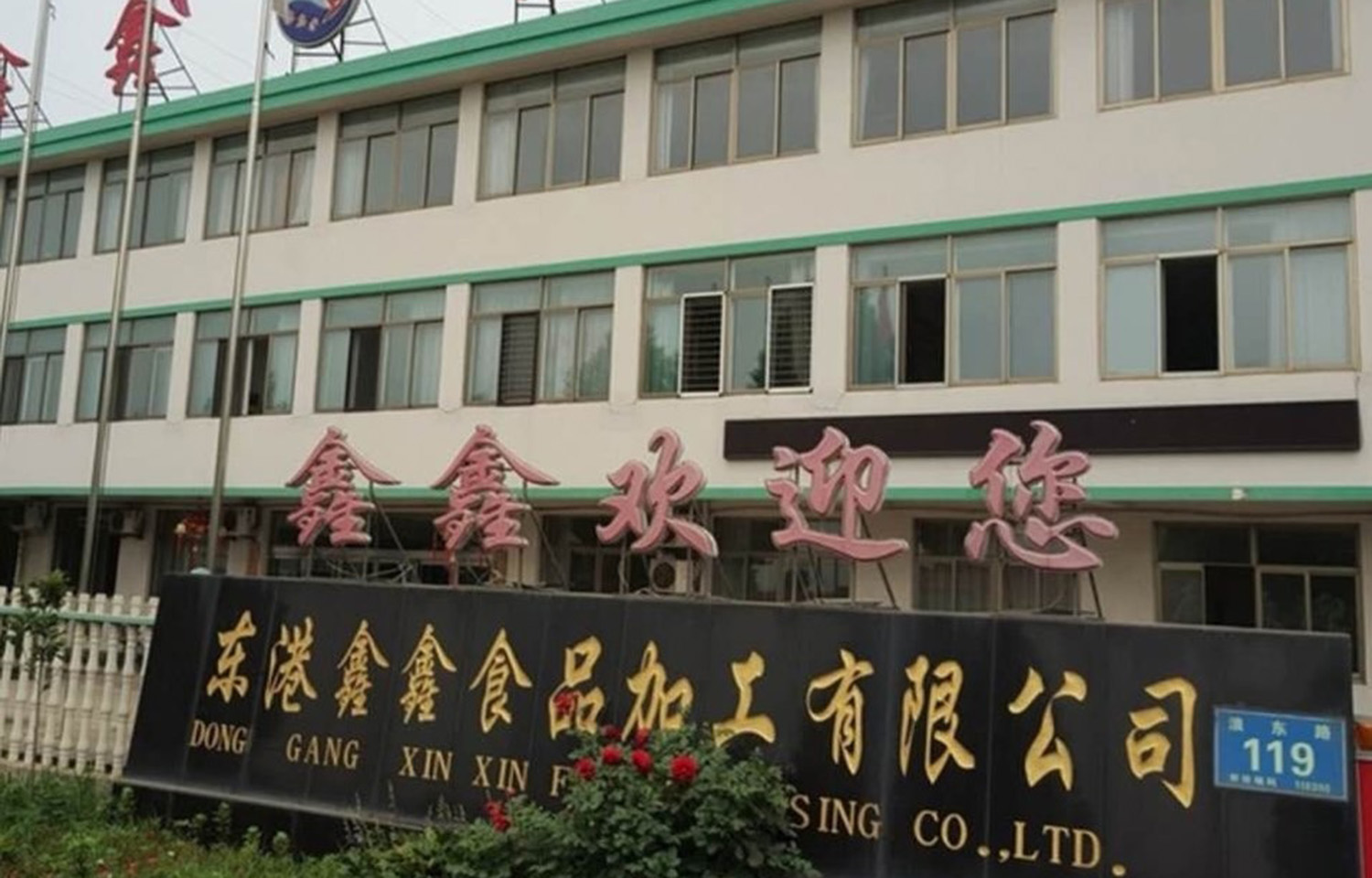More than 4,000 metric tons (MT) of seafood processed by North Korean workers in China entered the South Korean market to be sold, The Chosun Daily reported.
The Outlaw Ocean Project first reported in February that seafood-processing companies in China were using North Korean labor to process seafood in Dandong, China – which is located on the border between China and North Korea. The report detailed evidence of North Korean workers being forced to work long hours for little pay in long-term contracts and also detailed instances of sexual and physical assault by managers and staff against workers – who are mostly women.
The report named multiple Chinese processing companies as using North Korean labor, including Dalian Haiqing Food, Dandong Galicia Seafood, Dandong Hailong Foodstuff, Dandong Omeca Food, Dandong Taifeng Foodstuff, Dandong Taihua Foodstuff, Dandong Yuanyi Refined Seafoods, Donggang Haimeng Foodstuff, Donggang Jinhui Foodstuff, and Donggang Luyuan Food.
According to the new report, supply chain analysis firm Sayari, working with the Outlaw Ocean Project and The Chosun Daily, discovered evidence that five of the Chinese seafood companies tied to North Korean labor sent roughly 4,360 MT of seafood into South Korea. The shipments were sent to 36 different companies across 158 shipments be–tween 2021 and 2023.
“This is more than 10 times the amount previously reported to have been sold to South Korean companies by these Chinese processing firms,” The Chosun Daily report said.
Based on the data, the seafood was sent from both Dalian and Dandong ports in China to the Incheon and Busan ports in South Korea. The Outlaw Ocean Project told SeafoodSource that the five companies were Dalian Haiqing Food, Dandong Hailong Foodstuff, Dandong Omeca Food, Dandong Yuanyi Refined Seafoods, and Donggang Haimeng Foodstuff.
The imports were worth roughly KRW 30 billion to KRW 40 billion (USD 21.7 million to USD 28.9 million, EUR 20.2 million to EUR 26.9 million).
“We knew that these companies had commercial relationships with South Korean companies. This new tranche of data just paints a better picture of the scale of those relationships,” Outlaw Ocean told SeafoodSource.
The Chinese companies exported products like dried pollock strips, dried monkfish fillets, frozen salmon and cod, and clams to South Korea. The seafood was distributed in large supermarkets in the country, including in Busan, Gyeonggi, and Incheon.
According to The Chosun Daily, some supermarkets have now pledged to stop selling Chinese seafood products listed in the report.
According to the Outlaw Ocean Project, South Korea does not have laws that can effectively prohibit goods made with forced labor from entering the country.
“So, while the use of North Korean overseas labor violates U.N. sanctions, it's unclear what tools the South Korean government has in place to track and prevent seafood or other products made with this labor from entering the country,” it said.
The Outlaw Ocean Project’s discussion page indicates it communicated with seven different South Korean companies about the presence of North Korean labor in the seafood supply chain – 11Street, Daeil Fisheries, Kurly, Links Korea, Lotte Mart, Sea Global, and WingEat.
As of 1 July, none of the companies had responded to the Outlaw Ocean Project’s inquiries.








